In the hands of a director who wanted to use the medium of film to lecture to his or her audience, Taste of Cherry would be a film that answered the question of why life is worth living. Iranian director Abbas Kiarostami gives his audience space. He tries not to presume too much. Taste of Cherry certainly can answer the question of why we should live, but instead of giving the audience the answer, Kiarostami explores a series of answers.
Mr. Badii (Homayoun Ershadi) wants to commit suicide. We are never told why. The film follows him as drives around, picks up three different men and tries to solicit each one in turn to help him go through with the act, offering each a large sum of money. As he converses with each man, the film presents three different possible answers to why life is worth living.
His second passenger, The Seminarian (Mir Hossein Noori) appeals to Koran. The reason suicide is wrong is because it is an obscene act before Allah and immoral. Here, the appeal is not so much to the value of an individual’s life in his own eyes, but the idea that life is not something that man himself owns. It is something bequeathed by God, and not something man should take away.
The final passenger is Mr. Bagheri (Abdolrahman Bagheri), an old man who has faced many hardships. His words to Mr. Badii are laced with sympathy for a man who finds life hopeless. Mr. Bagheri has experienced his own doubts and disillusionments with the value of life, the pain and suffering that seem to make it not worthwhile.
However, Mr. Bagheri suggests that life is worth living in spite of the pain because there is also great pleasure to be found in life. In this world, a man can find joy, beauty and bliss in the smallest of things: a sunset or the taste of cherry. Mr. Badii can only see the bad and it clouds his perception of the wonders around him.
In a later scene in the film, Badii sits atop a hill as he surveys a sunset. One could say this is a glimpse of Bagheri’s beauty. The trouble becomes is that the audience is unsure if it resonates with Badii. Does he see the beauty of the sunset, or only the sadness of darkness that begins to set upon the land? Kiarostami doesn’t presume to let the audience know what Badii is thinking, leaving interpretation up to the audience.
The wrench Kiarostami casts into the entire film is in an unusual post-script. The final scene in the film is video footage of the last moments of production. Homayoun Ershadi, the actor who plays Mr. Badii, stands alive and well in the frame, surrounded by crew members. Kiarostami breaks the illusion of the film’s fiction.
While this controversial ending leads to all sorts of debate and interpretations, what it undoubtedly reminds us is that Taste of Cherry is a film. It’s unclear whether or not this ending means it is just a film and we shouldn’t take it too seriously or also a film and should be recognized at a fiction that can lead us to explore interesting aspects of life. What is clear is that Kiarostami wants us to come to our own conclusions about life, death and cinema.

















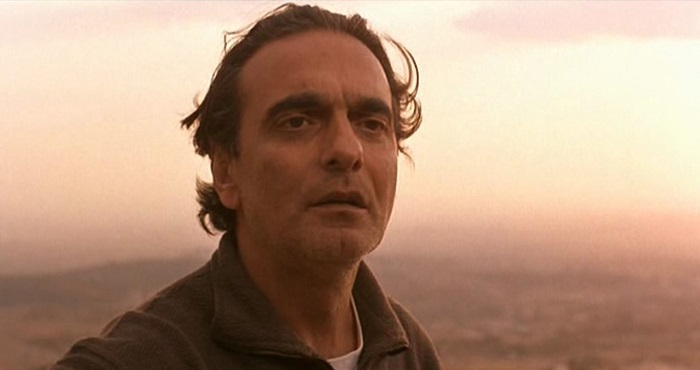
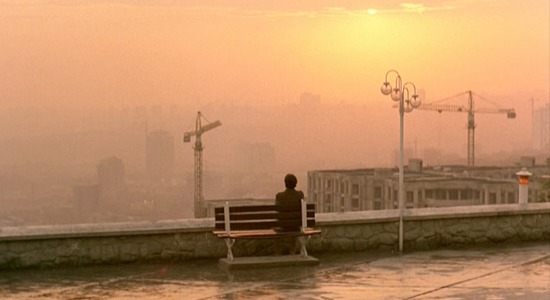
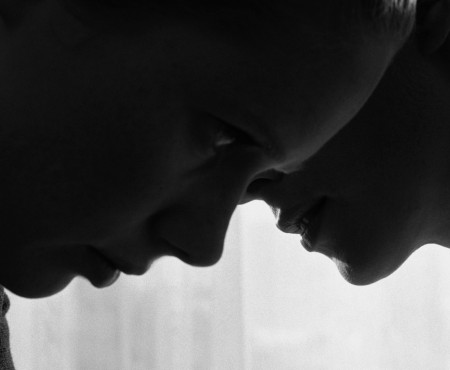
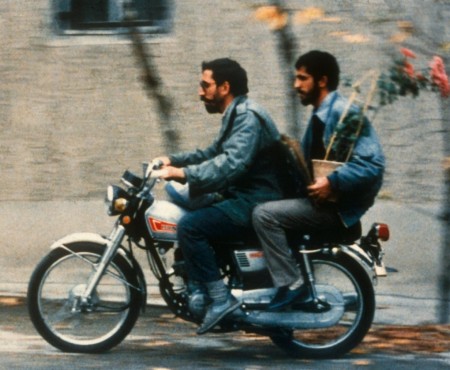
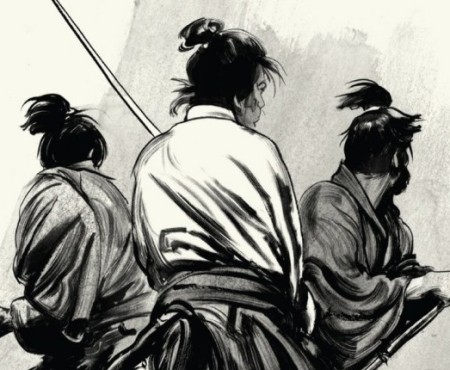
3 thoughts on “The Second Criterion: ‘Taste of Cherry’”
This film, not counting the “Where is My Romeo?” segment in “To Each His Own Cinema”, was my introduction to Kiarostami as I was just amazed at what I saw. I think it’s truly a work of art and needs to be seen despite what Roger Ebert thought of the film.
Yes, Ebert’s review for the film is notoriously scathing. It’s certainly a film that I think challenges the typical viewer, but I think those willing to give it some thought will find it a rewarding film.
Pingback: Second Criterion: Taste of Cherry | Cinema Sights